‘If you’re rich and famous, the pandemic rules don’t apply’
Your digest of analysis from the British and international press
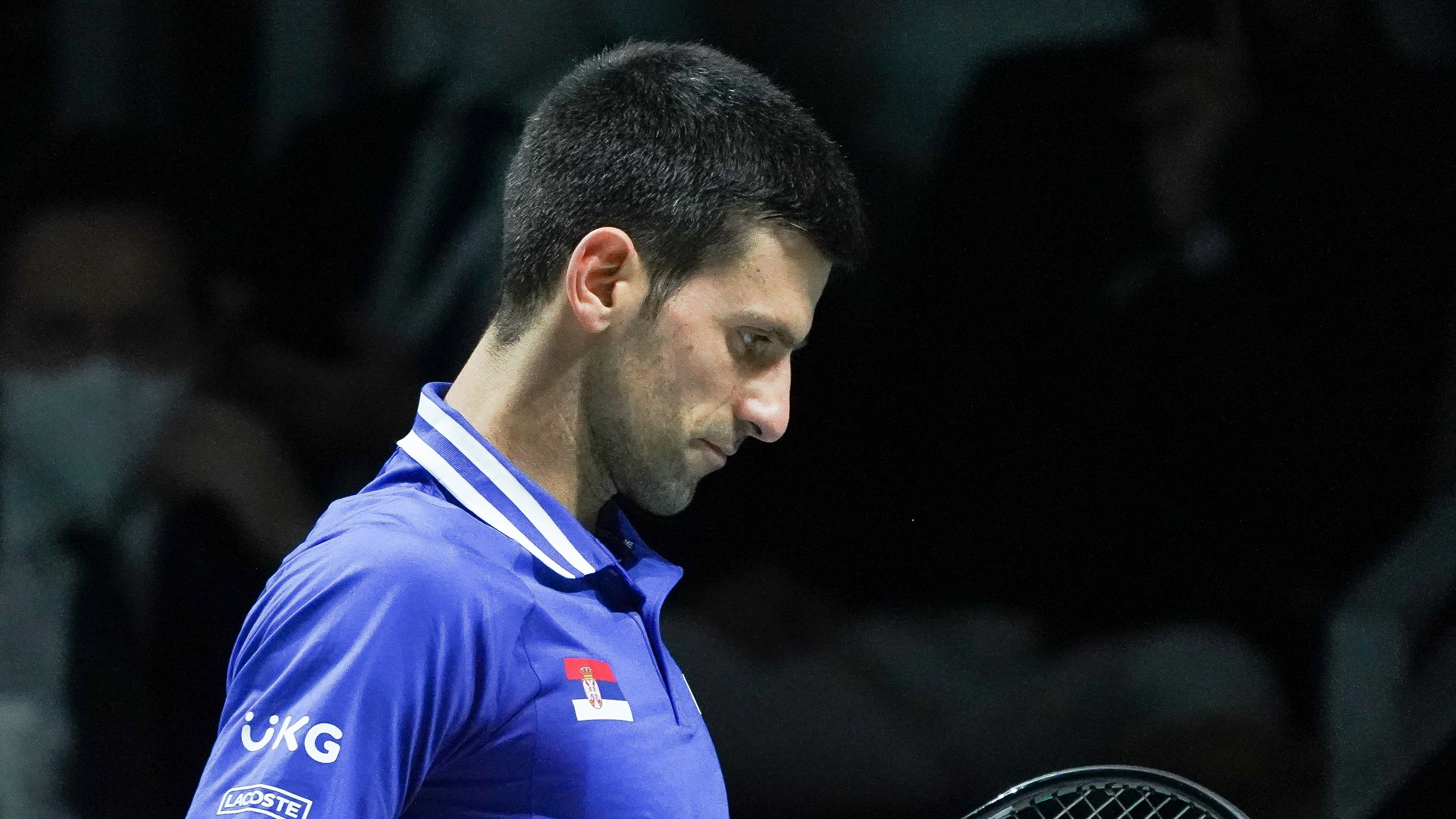
- 1. Australian Open organisers dropped the ball in Djokovic farce
- 2. Why new year resolutions can just cause you more stress
- 3. I’m not religious, but I dread a future where our churches are gone and St Paul’s is a Wetherspoons
- 4. A drugs-related criminal record is often more harmful than the drug itself
- 5. What Boris must do to survive
A free daily email with the biggest news stories of the day – and the best features from TheWeek.com
You are now subscribed
Your newsletter sign-up was successful
1. Australian Open organisers dropped the ball in Djokovic farce
Jawad Iqbal in The Times
on a costly double fault
“It was blatantly hypocritical even to have considered allowing Novak Djokovic, the seemingly vaccine-averse 20-time Grand Slam tennis champion, permission to play in the Australian Open,” writes Jawad Iqbal in The Times. “In the view of the tournament organisers, it seems, he should be allowed to compete in Melbourne simply because he is Novak Djokovic. In other words, if you’re rich and famous, the pandemic rules don’t apply,” Iqbal continues. “Whatever the outcome of this episode, the damage has been done in a country that has endured some of the world’s strictest restrictions in the battle against Covid-19,” he continues. “Two years into the pandemic, the suspicion of ‘one rule for them and another for everyone else’ is stronger than ever. And all because of a stupid own-goal by those in charge of the Australian Open.”
The Week
Escape your echo chamber. Get the facts behind the news, plus analysis from multiple perspectives.

Sign up for The Week's Free Newsletters
From our morning news briefing to a weekly Good News Newsletter, get the best of The Week delivered directly to your inbox.
From our morning news briefing to a weekly Good News Newsletter, get the best of The Week delivered directly to your inbox.
2. Why new year resolutions can just cause you more stress
Vishvapani Blomfield in The Guardian
on true goals
“The evidence for whether new year resolutions are effective is mixed,” Vishvapani Blomfield, a Buddhist contributor to BBC Radio 4, writes in The Guardian. “Make them Smart – specific, measurable, achievable, realistic and timely – and they can be a spur to effective action. But vaguer resolutions such as ‘get fit’, ‘lose weight’ or ‘stop wasting so much time’ often conceal a deeper self-criticism that undermines our intentions,” Blomfield continues. “The underlying approach is that we must simply try harder – sometimes at everything at once – and that sets us up to fail. We binge on diets, then binge on food and, finally, binge on guilt.” It will prove counter-productive, he says, to try to get fit or lose weight if that “becomes a new source of stress. What I’m really seeking as I run is a sense of flourishing and vitality, and that can only happen by being fully present and aware in each moment, not just when I reach 10K.”
A free daily email with the biggest news stories of the day – and the best features from TheWeek.com
3. I’m not religious, but I dread a future where our churches are gone and St Paul’s is a Wetherspoons
Michael Deacon in The Telegraph
on appreciating beauty
“Philip Larkin would have been horrified,” writes Michael Deacon in The Telegraph, on the disappearance of England’s churches. “Back in 1955, he finished writing one of his greatest poems, Church Going – in which he explained why, despite being a firm non-believer, he feared a future in which churches ‘fall completely out of use’,” Deacon writes. “He didn’t live to find out. But I have an uneasy feeling that I might.” He says that in England “more than 400 churches have closed in less than a decade. But even if we aren’t surprised, I think we should be worried. And when I say we, I don’t just mean the religious among us. I mean the non-religious too.” As Larkin suggests, “you don’t have to be Christian to appreciate the beauty of churches,” writes Deacon. “When I say beauty, I don’t just mean visually, although they invariably are magnificent buildings. There’s also beauty in what they represent.”
4. A drugs-related criminal record is often more harmful than the drug itself
Ian Hamilton in The Independent
on a new approach
“There is little doubt that fresh thinking about cannabis policy is needed,” writes Ian Hamilton in The Independent, on the news that Sadiq Khan wishes to trial the depenalisation of cannabis in the capital. “In Lewisham, between 2016 and 2020, nine out of ten drug charges were due to possession of cannabis.” More concerning, he says, is that young black men in the borough [are] 2.4 times more likely to be stopped and searched for drugs than their white counterparts.” Hamilton stresses that for many “the damage caused by a criminal record related to drugs is far greater than the harm of the drug itself.” Travel can be restricted and employment prospects harmed “in a group that already has higher than average rates of unemployment”. If the scheme can “reduce the disproportionate impact of current drug laws on sections of our community, namely young black and Asian people, by ensuring their life chances and career prospects aren’t scuppered by a criminal record for possession of drugs, then that would be a great achievement,” he concludes.
5. What Boris must do to survive
James Forsyth in The Spectator
on cabinet government
“There is a popular belief in Westminster that a prime minister who is merely first among equals in his cabinet is a hamstrung leader,” writes James Forsyth in The Spectator. “But [Boris] Johnson’s premiership may actually benefit if he isn’t able to just ram through whatever policy he wants. Cabinet ministers certainly feel that their opposition to more lockdown measures has been vindicated,” writes Forsyth, meaning that they “are more likely to assert themselves in future when they think policy is heading down the wrong track”. But more importantly does Johnson have “the patience to govern in a more consultative manner”, asks Forsyth. The PM may argue that it was the booster vaccine campaign that avoided further measures this winter “as a way for the government to recover its lost reputation for competence”. But, continues Forsyth, “he should remember that restrictions were avoided because of a decision made collectively. A return to cabinet government may well offer him his best chance of survival.”
-
 What to know before filing your own taxes for the first time
What to know before filing your own taxes for the first timethe explainer Tackle this financial milestone with confidence
-
 The biggest box office flops of the 21st century
The biggest box office flops of the 21st centuryin depth Unnecessary remakes and turgid, expensive CGI-fests highlight this list of these most notorious box-office losers
-
 The 10 most infamous abductions in modern history
The 10 most infamous abductions in modern historyin depth The taking of Savannah Guthrie’s mother, Nancy, is the latest in a long string of high-profile kidnappings
-
 ‘The UK’s malaise will not end with the Prime Minister’s exit’
‘The UK’s malaise will not end with the Prime Minister’s exit’Instant Opinion Your digest of analysis from the British and international press
-
 ‘Police tactics are not getting worse, they are simply being filmed’
‘Police tactics are not getting worse, they are simply being filmed’Instant Opinion Your digest of analysis from the British and international press
-
 ‘G7 leaders missed a golden opportunity’
‘G7 leaders missed a golden opportunity’Instant Opinion Your digest of analysis from the British and international press
-
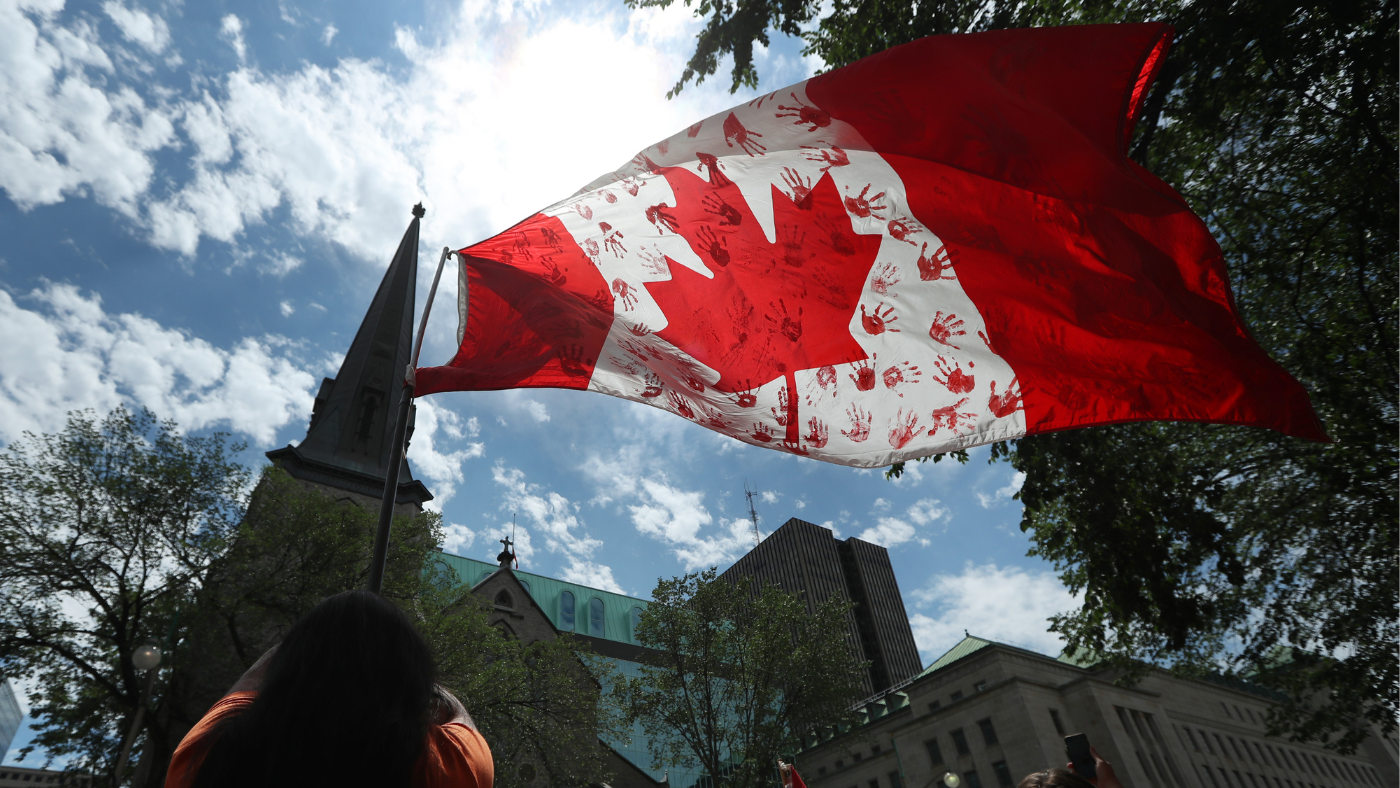 ‘It takes some soul searching to celebrate Canada Day’
‘It takes some soul searching to celebrate Canada Day’Instant Opinion Your digest of analysis from the British and international press
-
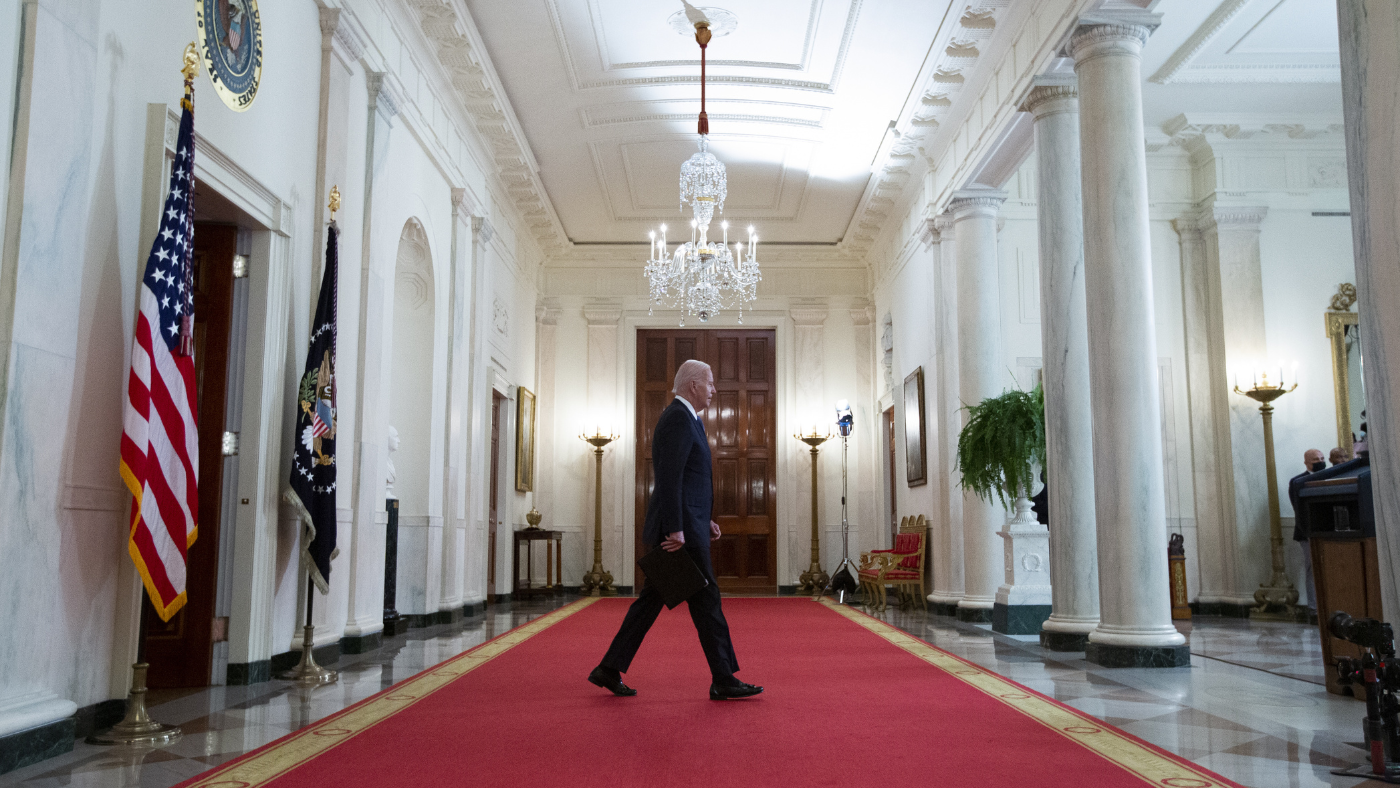 ‘Breakthrough on abortion rights could be there if Biden reaches for it’
‘Breakthrough on abortion rights could be there if Biden reaches for it’Instant Opinion Your digest of analysis from the British and international press
-
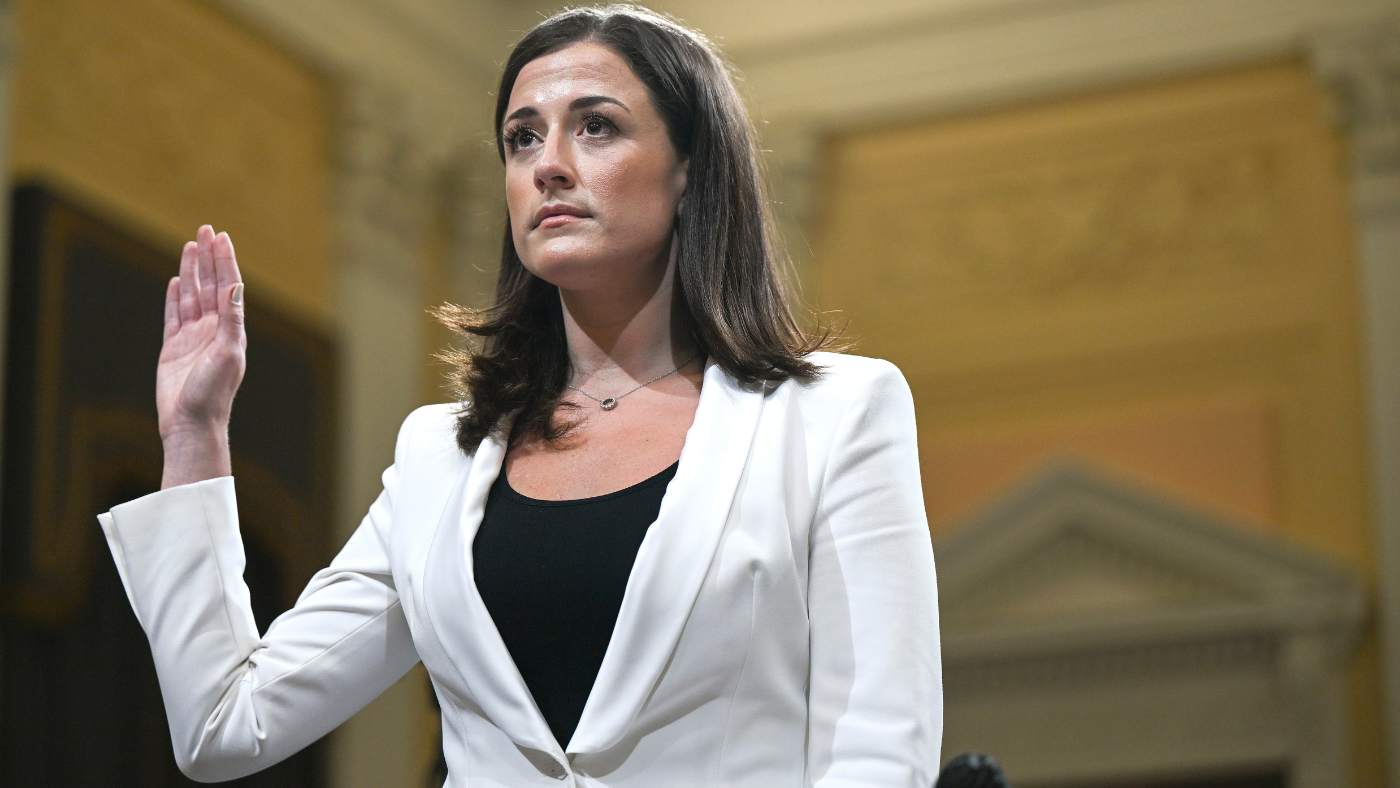 ‘If only Mark Meadows had even half Cassidy Hutchinson’s courage’
‘If only Mark Meadows had even half Cassidy Hutchinson’s courage’Instant Opinion Your digest of analysis from the British and international press
-
 ‘Boris Johnson measures success in biceps rather than brain power’
‘Boris Johnson measures success in biceps rather than brain power’Instant Opinion Your digest of analysis from the British and international press
-
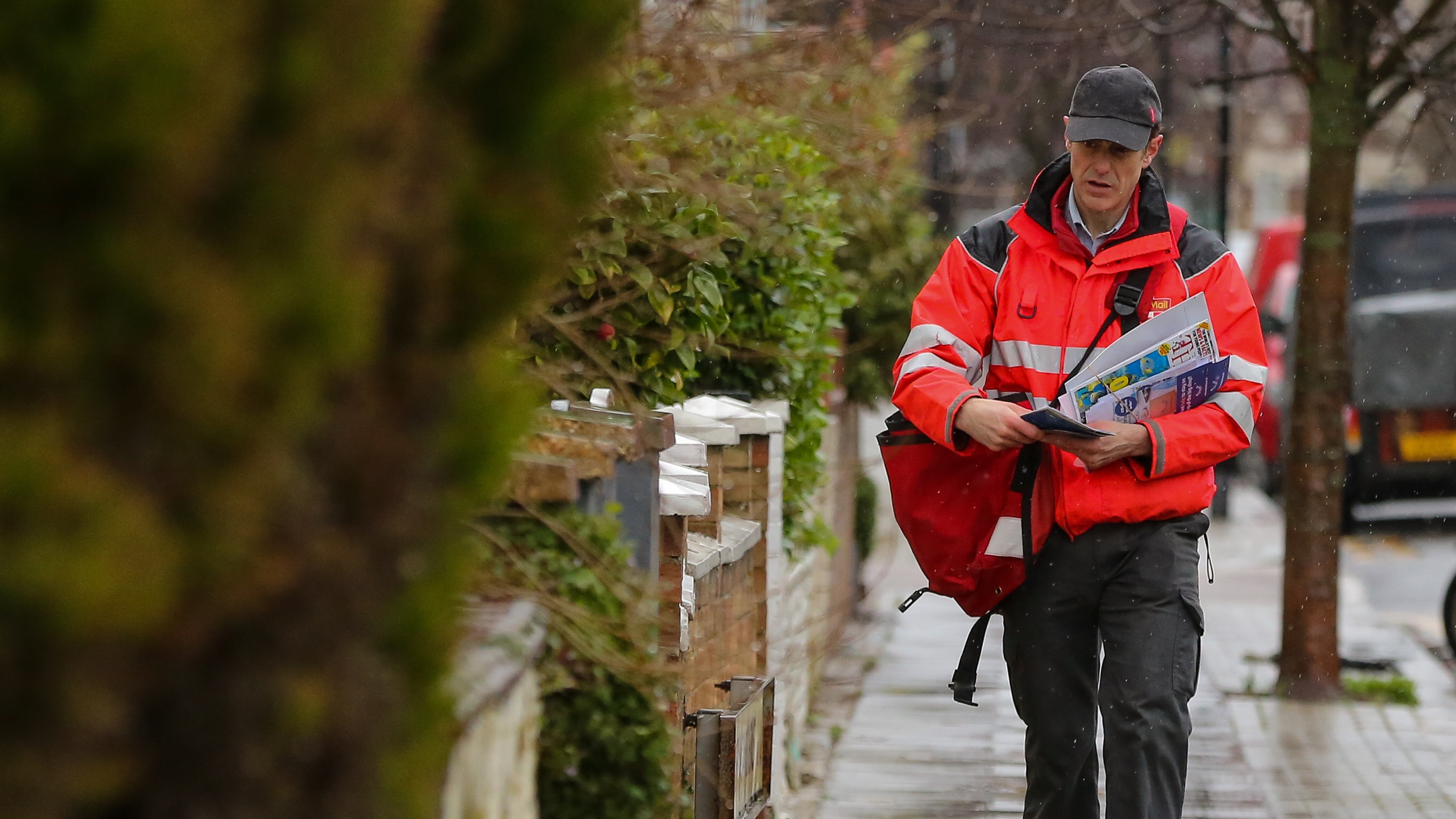 ‘Asking posties to act as community watchmen is an inspired idea’
‘Asking posties to act as community watchmen is an inspired idea’Instant Opinion Your digest of analysis from the British and international press